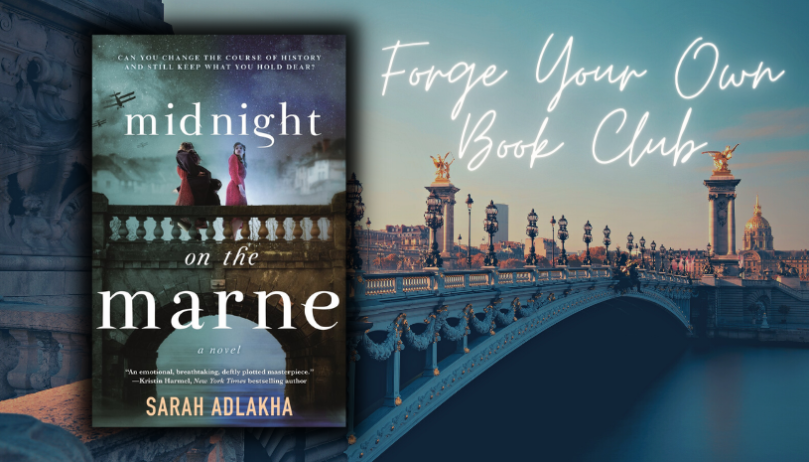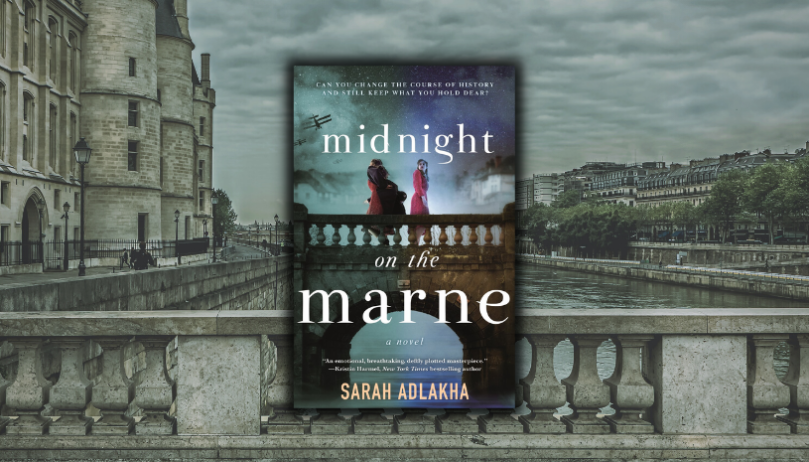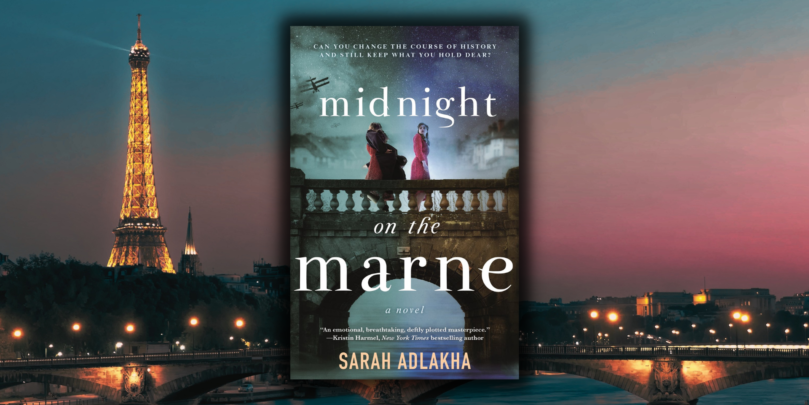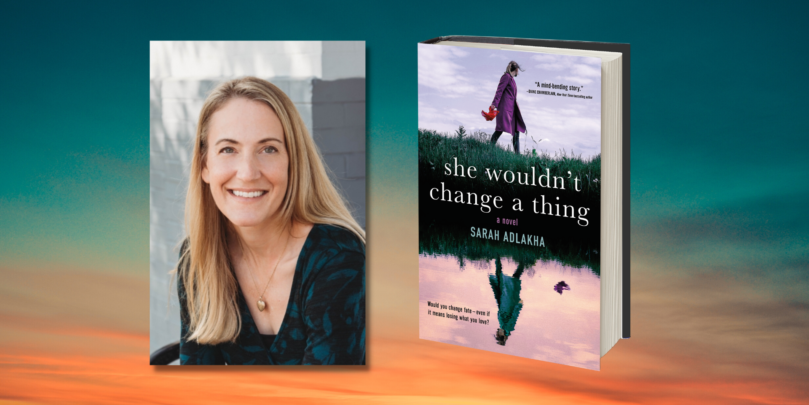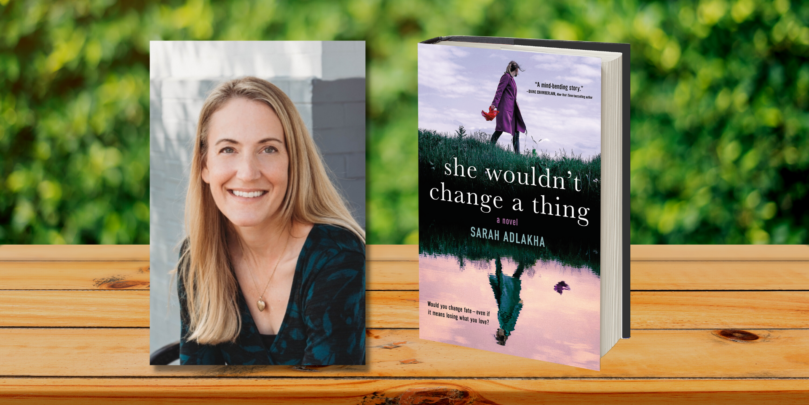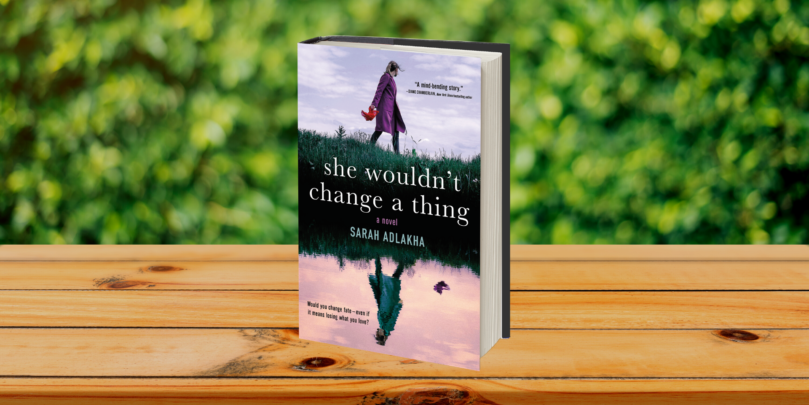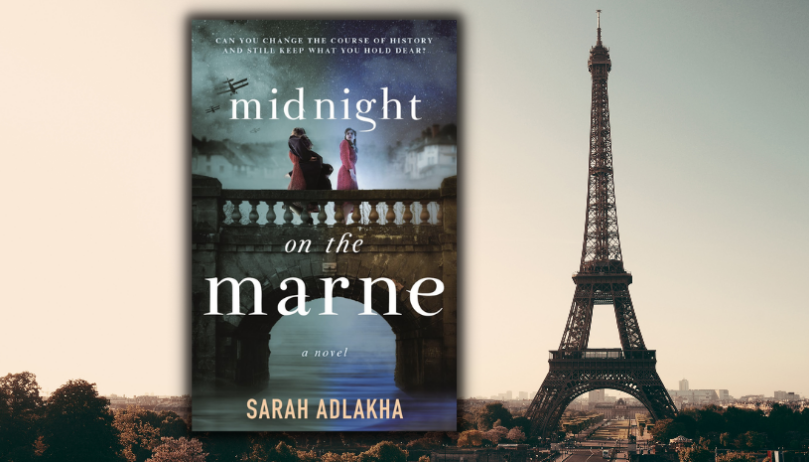
5 of the Most Timeless Places to Visit in France
By Ariana Carpentieri: France, 1918. Nurse Marcelle Marchand has important secrets to keep. Her role as a spy has made her both feared and revered, but it has also put her in extreme danger from the approaching German army. American soldier George Mountcastle feels an instant connection to the young nurse. But in times of…

